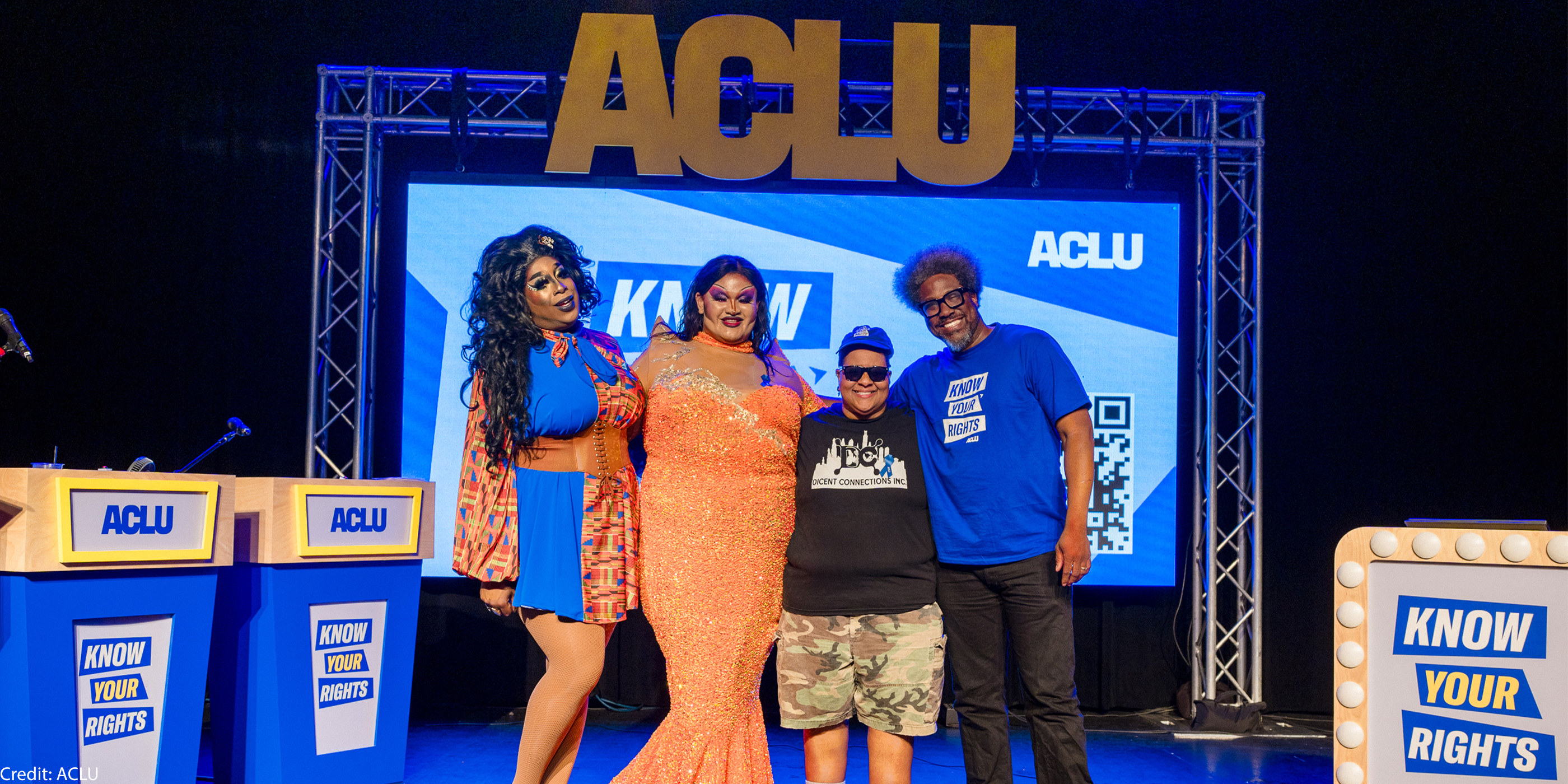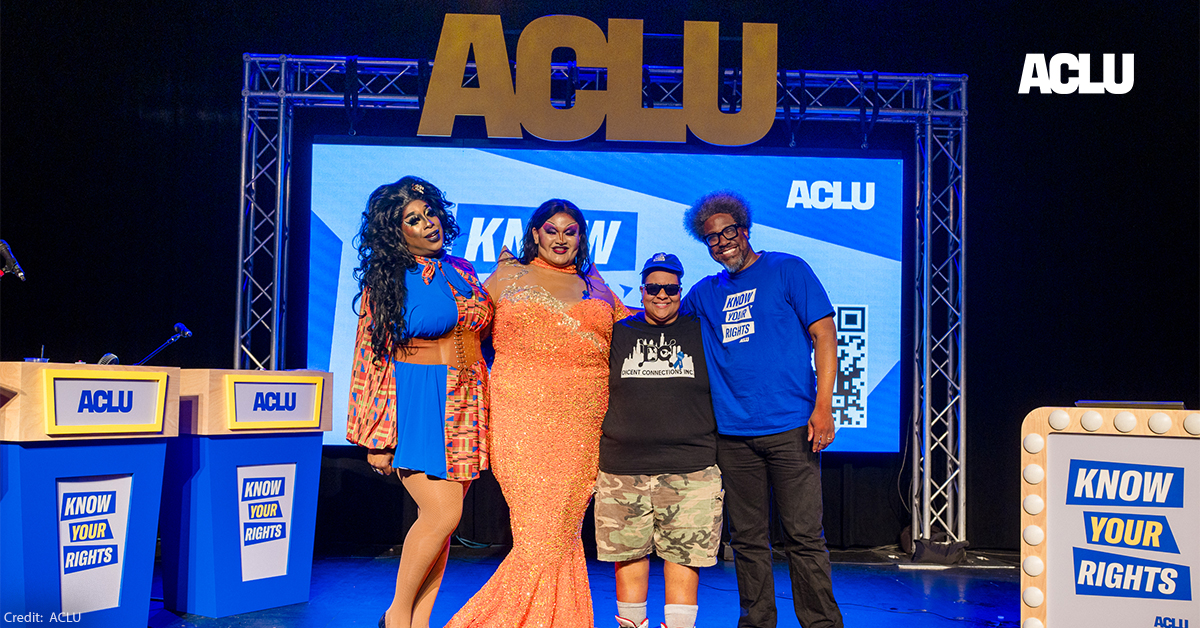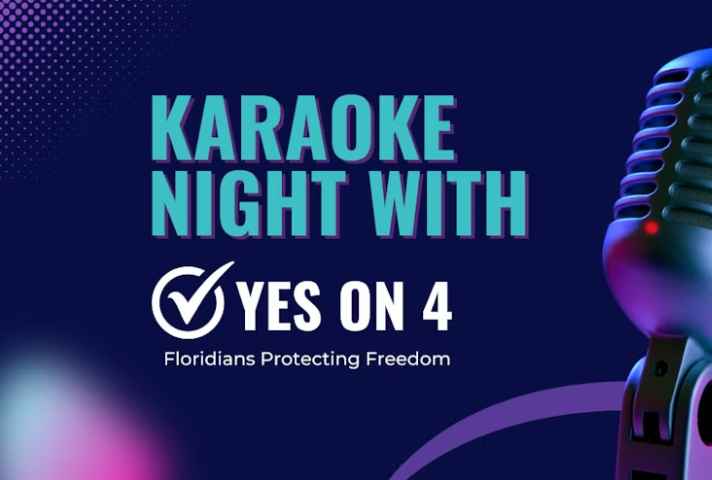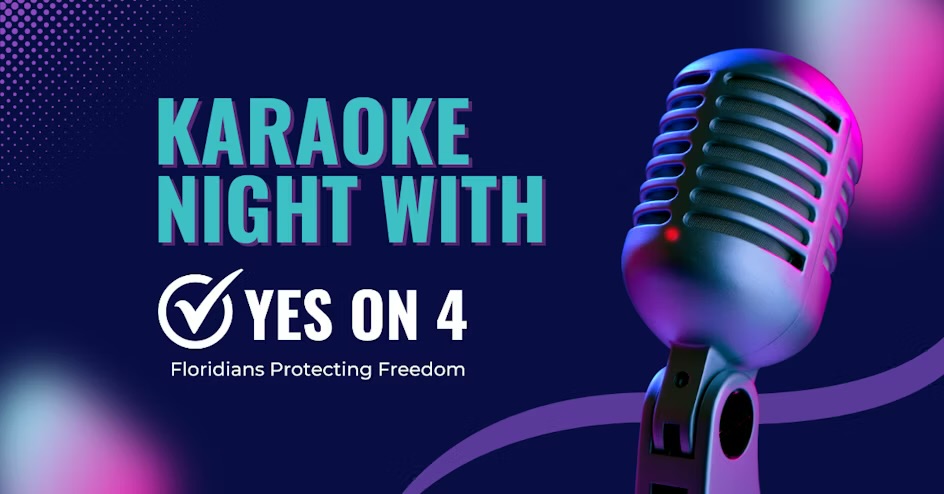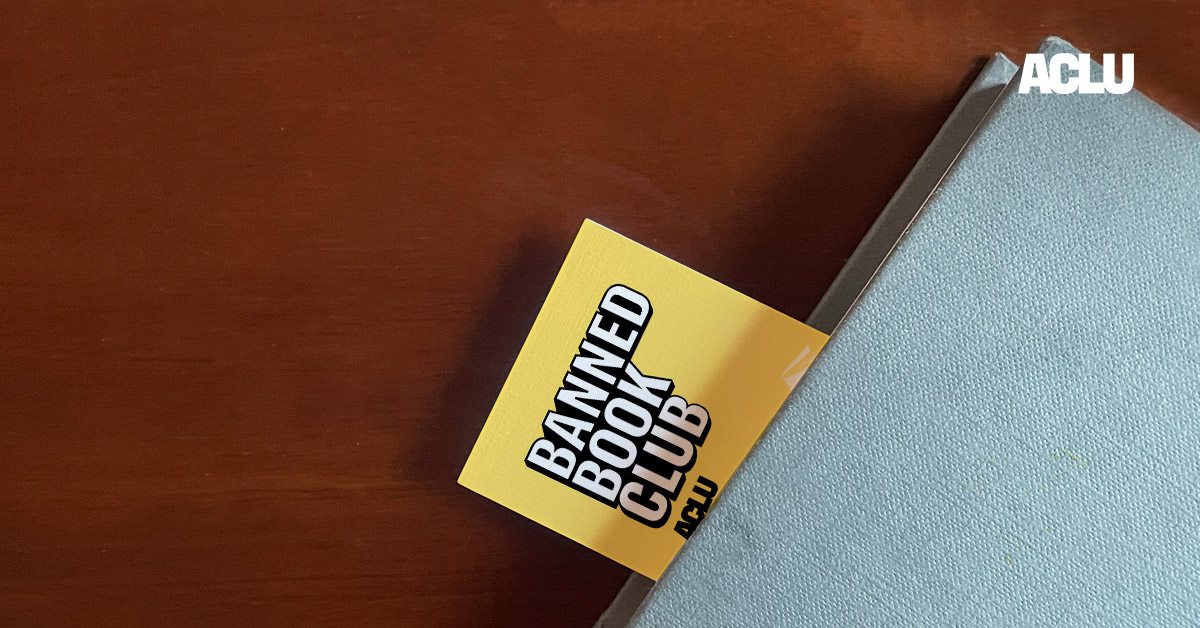This September, I joined the ACLU’s Know Your Rights Bus Tour on its third and fourth stops in Philadelphia, PA and Detroit, MI. In Philly, we kicked off the festivities with our first ACLU Know Your Rights live game show. Hosted by W. Kamau Bell, the contestants included exceptional local drag queens and activists. We closed the evening with a recording of our At Liberty podcast, hosted by W. Kamau Bell, in an inspiring discussion with Mike Lee, the executive director of ACLU Pennsylvania, about the unique challenges Philly faces as one of the poorer big cities, as well on the importance of voting.
In Detroit, the tour included a sold-out concert with the legendary rapper, singer, and songwriter Danny Brown for a one-night-only, hometown performance. Danny got people amped up to get out and vote.
Want to join the tour? Check out our upcoming stops. If you’re not able to catch us on tour, you can pledge to vote.
Below, find photos and videos from Philly and Detroit:

ACLU
The bus pulled up to the Theatre of the Living Arts (TLA) on South Street. We were greeted by a big Marquee announcing the fun evening ahead to the neighborhood. We loved getting to explore the neighborhood before the big night.
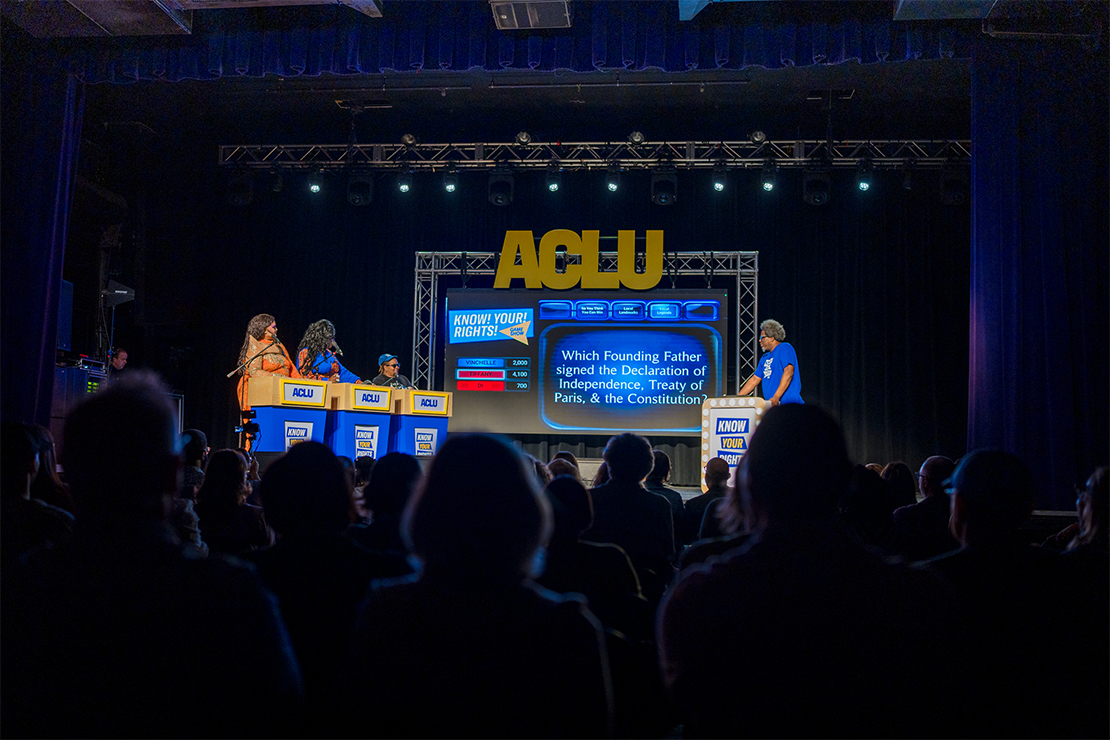
ACLU
After the crowd settled in their seats, complete with some ACLU swag and free Ben & Jerry’s —I got strawberry cheesecake, thank you for asking — the game show was off to the races. Award-winning producer, director, comedian, and ACLU Racial Justice Ambassador W. Kamau Bell quizzed our contestants on voting rights, local Philly legends, pop culture, and more.
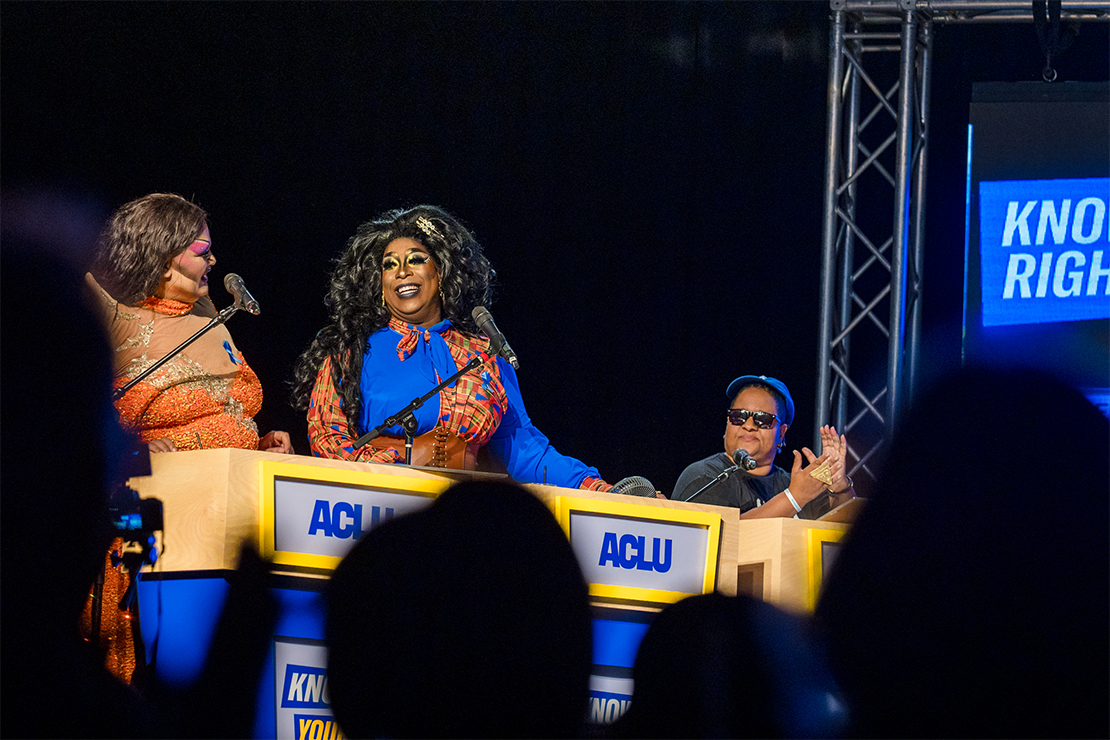
ACLU
Meet our contestants! Philly’s “Phattest RagDoll” Tiffany Uma Mascara took the stage to represent Gen Z. VinChelle, crowned “Best of Philly” by The Philadelphia Inquirer, showed us her stuff. Ajour “Di” Hargrove brought her Philly roots to the show and left it all on the stage.

ACLU
Tiffany and VinChelle celebrating with some hard-won La Colombe drinks.
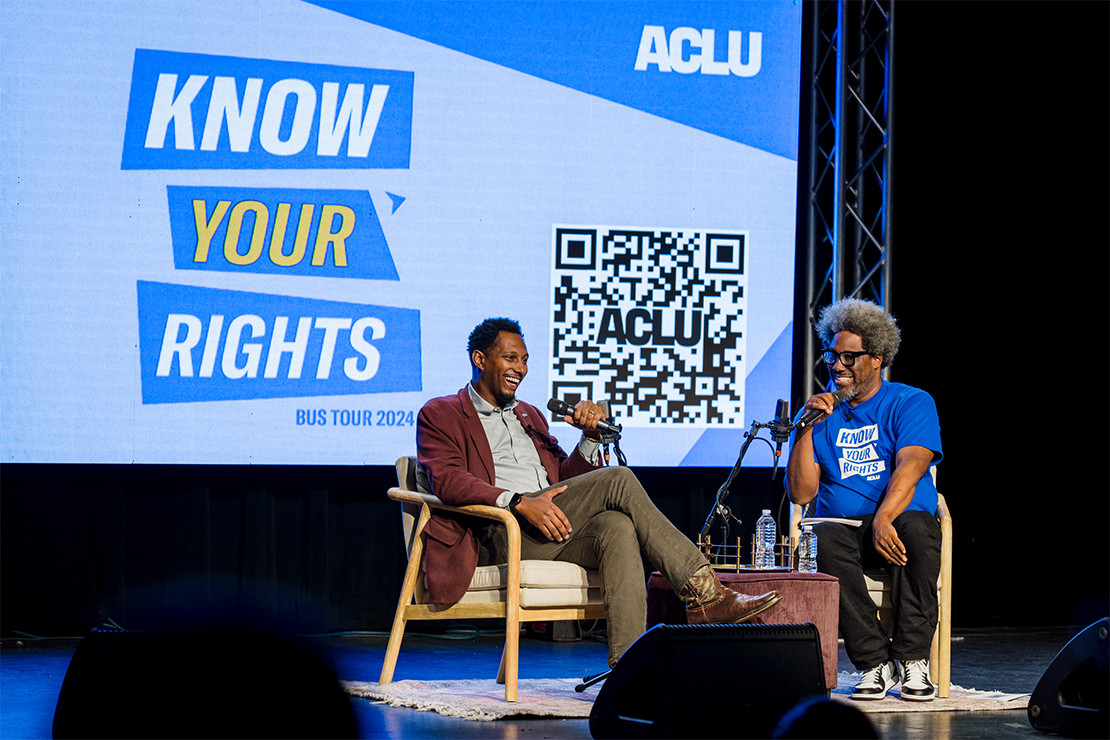
ACLU
What better way to end the evening than an energizing discussion about the power of our vote and the wonderful Philadelphia community? After a fun and rowdy game show, I left feeling informed and empowered to use my voice this election season.
When we arrived in Detroit, Loren Khogali, executive director for the ACLU of Michigan, welcomed hundreds into the beautiful Garden Theater in preparation for another electrifying night.

ACLU
The show kicked off with a live taping of the ACLU’s podcast, At Liberty, hosted once again by the exceptional W. Kamau Bell in conversation with Razi Jafri, a Detroit-based documentary filmmaker and producer, and Loren Khogali, the executive director at the ACLU of Michigan. The three discussed the importance of voting rights, and the activism in Michigan communities that has helped bring so much change to the state.

ACLU
Legendary Detroit rapper, singer, and songwriter Danny Brown took the stage for a one-of-a-kind hometown performance and the audience just couldn’t get enough. His enthusiasm and flow was unmatched!

ACLU
Audience members were hyped up and dancing the whole night, singing along to their favorite Danny tracks. One audience member I talked to had been to 14 other Danny Brown shows and has loved the artist for over a decade, and was honored to see him at the Garden Theater.
Danny brought down the house! He filled the room with his singular sound, which has given him such an engaged following over the years. I left the show both with a renewed appreciation for the Detroit music scene, and a sense of urgency to go vote.

ACLU
Date
Friday, September 20, 2024 - 3:30pmFeatured image
